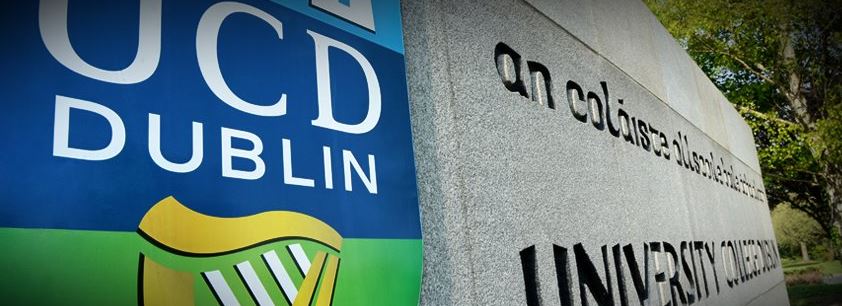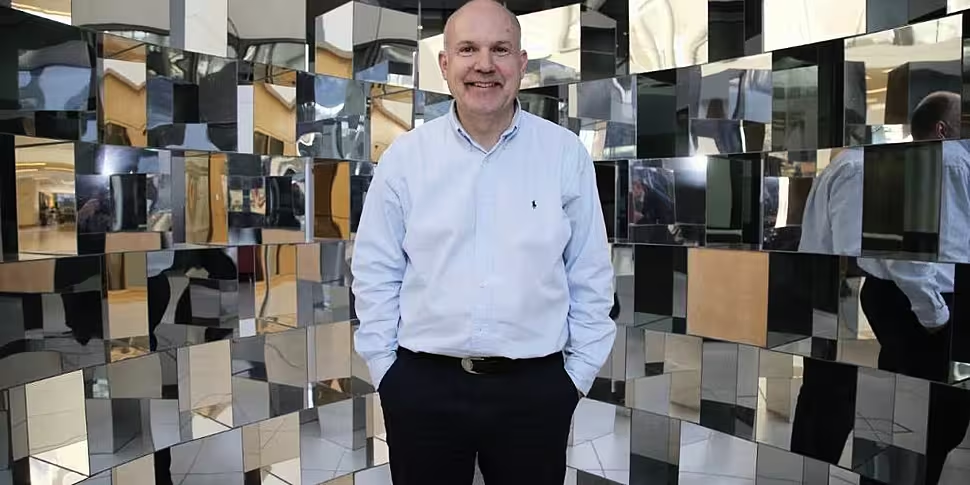University College Dublin (UCD) has been granted a €2.5m fund from the European Research Council (ERC).
Researchers say this will help to improve wave forecasting models, and improve design criteria for ships and offshore structures.
Professor Frederic Dias, an applied mathematician at UCD has been awarded the grant, which will also see the creation of six new research positions for PhD students and post-doc researchers at the university.
He has received the funding for a study focused on improving our understanding of the physics and dynamics of breaking ocean waves to help develop more accurate operational wave models.
Such models could help to quantify seabed erosion by powerful breaking waves and quantify air-sea gas transfer.
The five-year study is entitled 'Highwave - Breaking of highly energetic waves'.
Prof Dias was previously awarded an ERC Advanced Grant in 2011 and is among only three Ireland-based researchers to be awarded a second advanced grant.
The first researcher in Ireland to be awarded a second ERC advanced grant was geneticist Professor Kenneth Wolfe, who is also based at UCD.
A central element of the work builds on recent international developments that provide the first universal criterion for predicting the onset of breaking waves in uniform water depths from deep to intermediate.
 Image: Facebook/University College Dublin
Image: Facebook/University College DublinProf Dias said: "I am thrilled to receive this ERC advanced grant which will allow me and my team to further explore fundamental open questions in the field of wave breaking.
"Our goal at the end of this study is to develop more accurate operational wave models and to better parameterise CO2 transfer velocities by taking into account sea states and not only wind speed.
"Such models will have practical and economic benefits such as, improving sea state forecasting; evaluating seabed response to extreme waves, determining structural loads on ships and offshore infrastructures and optimising operational strategies for maritime and marine renewable energy enterprises."
ERC advanced grants are awarded under the 'excellent science pillar' of Horizon 2020.
The ERC evaluated 2,052 research proposals in this latest competition, almost 11% of which were selected for funding.
Professor Orla Feely, UCD vice-president for research, said: "I would like to congratulate Prof Dias on receiving his second ERC advanced grant.
"His success for a second time in this prestigious and highly competitive Europe-wide funding call indicates the quality of the world-class fluid dynamics research which he and his team are carrying out at UCD, and I wish them continued success."
Main image: Professor Frederic Dias is pictured at the UCD O'Brien Centre for Science | Image: Nick Bradshaw/Fotonic









